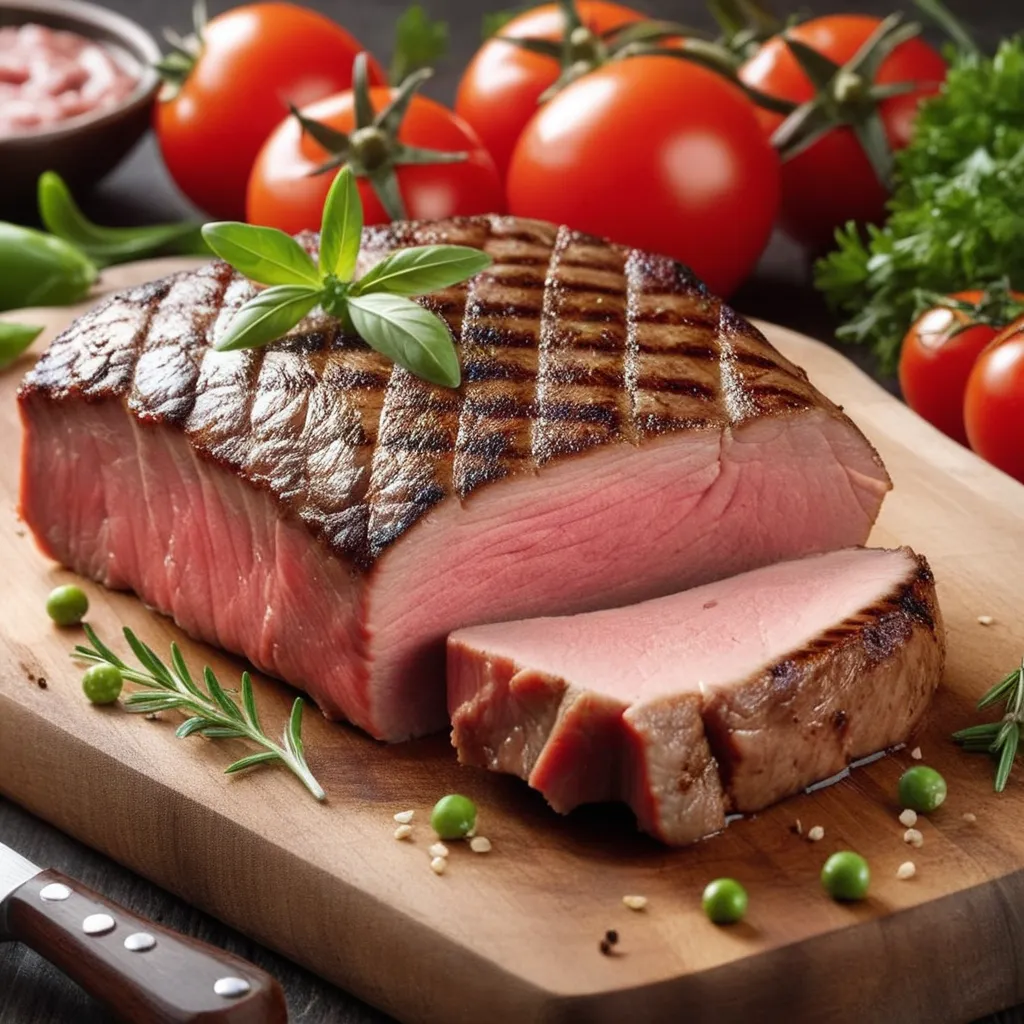A cautionary message from a UCLA scientist may make you reconsider the way you grill meat, revealing potential health ramifications associated with this popular cooking practice.
When meat is grilled to the point of charring, it produces carcinogenic chemicals known as heterocyclic amines (HCAs) and polycyclic aromatic hydrocarbons (PAHs). Prolonged exposure to these chemicals, resulting from frequent consumption of charred meat over the years, can lead to DNA damage and an increased risk of developing tumors.

Dr. Carpenter emphasized, "It's more of a message about one's lifestyle. You've been cooking that way for 30 years; every weekend, there's a barbecue, you grill the meat at high temperatures, and all of this blackening occurs. That's when it becomes a problem in terms of cancer risk."
Why is this concerning?
Grilling meat is a common practice in the United States, particularly during the summer barbecue season. A study published in the scientific journal Nutrients revealed that approximately 12% of Americans, mainly men and individuals aged 50 to 65, consume half of the country's burgers, steaks, and other beef products.
Dr. Carpenter warned that prolonged exposure to HCAs and PAHs increases the risk of prostate, colon, and pancreatic cancers. Additionally, recent research from Harvard T.H. Chan School of Public Health linked the consumption of two servings of red meat per week to a higher risk of developing Type 2 diabetes.
In addition to the health risks, the beef industry contributes significantly to greenhouse gas emissions, exacerbating climate change issues.
What can you do about it?
While the allure of grilled meat is undeniable, there are ways to enjoy it while minimizing potential health risks. Dr. Carpenter suggests using indirect heat for cooking and turning the meat frequently when direct heat is necessary to reduce exposure to carcinogens.
If the meat chars, trim off those parts before serving. Combining fruits and vegetables, rich in antioxidants, with the meat can counteract the effects of cancer-causing chemicals. Marinating the meat in a citrus-based marinade before grilling allows it to absorb antioxidants and offset the chemical effects of carcinogens.
Dr. Carpenter concludes, "I'm not saying don't barbecue the meat, but cook it in a way that's better for you in terms of cancer risk."

No comments:
Post a Comment